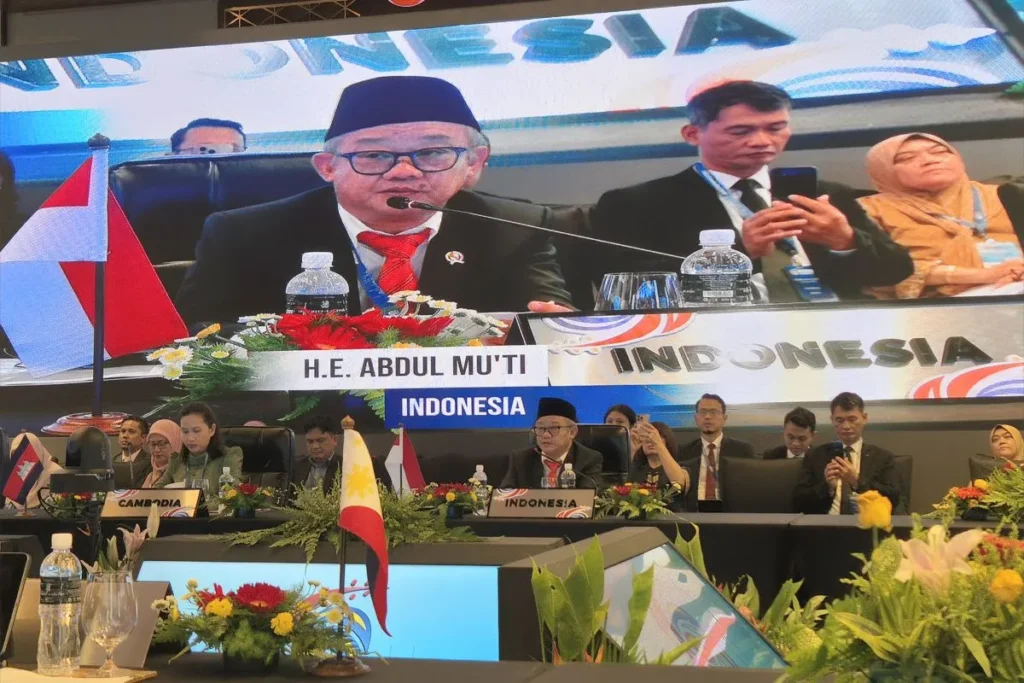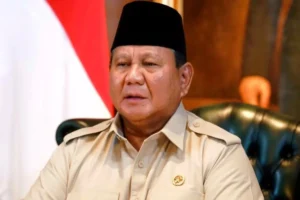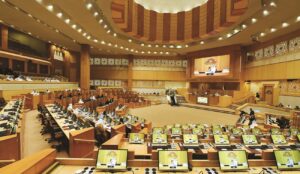Indonesia Urges ASEAN to Accelerate Equitable Access to Education

Jakarta, The Gulf Observer: Indonesia’s Minister of Primary and Secondary Education, Abdul Mu’ti, has called on ASEAN member states to intensify collaborative efforts to ensure that no child in the region is left behind in education. Speaking at the ASEAN Education Ministers’ Roundtable held in Langkawi, Malaysia, Minister Mu’ti welcomed the joint initiative to tackle the pressing issue of out-of-school children.
In a written statement released in Jakarta on Friday, the minister reaffirmed Indonesia’s strong commitment to upholding the right to education for all citizens, a principle enshrined in the Indonesian Constitution and consistent with regional and global frameworks, including the 2012 ASEAN Human Rights Declaration.
“This global situation is a powerful call to action. Within ASEAN, it marks a turning point for reflecting on data-driven solutions and implementing concrete measures,” Mu’ti emphasized, highlighting the urgent need to reduce school dropouts and ensure universal access to education.
Minister Mu’ti outlined Indonesia’s national strategy, embedded in the 2025–2045 National Long-Term Development Plan (RPJPN), which mandates 13 years of compulsory education starting from early childhood. He described this policy as the foundation for nurturing a golden generation and advancing equitable access to quality education.
To address the root causes of school dropout, Mu’ti stated that Indonesia has enhanced its Education Management Information System (EMIS) and integrated it with socioeconomic indicators. This integration has significantly improved the targeting of beneficiaries under the Smart Indonesia Program (PIP), which supported over 18.8 million students in 2024—particularly those at risk of dropping out.
He also highlighted the launch of the Rumah Pendidikan application—an inclusive digital platform accessible both online and offline—to bridge learning gaps and enhance student support. In parallel, the School Revitalization Program is being implemented to improve educational infrastructure nationwide.
Further, the Ministry is expanding access to non-formal education through community learning centers and entrepreneurship-based programs, which serve vulnerable groups including street children, child laborers, and children impacted by early marriage or other social barriers.
Minister Mu’ti stressed Indonesia’s active role in shaping the ASEAN Socio-Cultural Community (ASCC) Post-2025 Strategic Plan, viewing it as a key framework for promoting education, social inclusion, and youth empowerment in a more integrated and future-focused ASEAN.
“All of these efforts contribute toward achieving the ASEAN Community Vision 2045—a vision of a peaceful, inclusive, sustainable, and resilient region that leaves no one behind,” he said.
Mu’ti concluded by affirming that ensuring no child is left behind is not only a policy imperative but also a moral responsibility—one that Indonesia is fully committed to fulfilling in partnership with its ASEAN neighbors.


